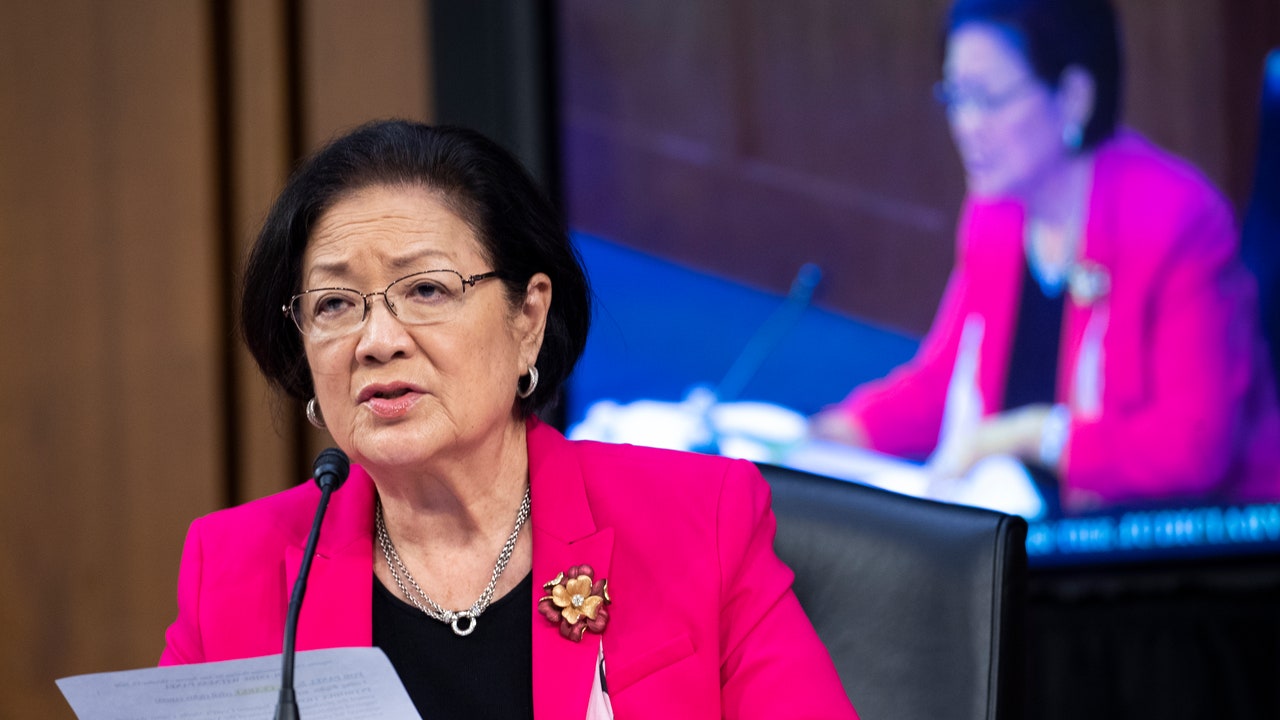The Devastation of Family Separation

[ad_1]
The only immigrant serving in the U.S. Senate reflects on the shattering impact of the previous administration’s family-separation agenda and explains why family reunification must be the humane cornerstone of our nation’s immigration policy. Adapted from Heart of Fire: An Immigrant Daughter’s Story by Mazie K. Hirono.
I was seven and my brother Roy was nine on the afternoon in March of 1955 when we left our home in rural Japan. With our mother’s palms resting lightly on our backs, we climbed the gangway onto a hulking iron ship that would carry us across the Pacific Ocean to a new life in Hawaii. I was already missing my three-year-old brother, Wayne. It had torn our mother’s heart to leave him behind with our grandparents in Fukushima. I could still see him with eyes squeezed shut, shaking his head in silent dissent as our mother tried to explain that we would be separated only for a little while. I’m not sure my little brother ever fully understood that, since Mom would have to provide for us in Hawaii as a single parent, there would be no one to take care of him while she worked, and so he would have to remain in Japan until he was old enough to start school.
When our family was finally reunited almost three years later, Wayne’s elation at seeing us burst out of him. All afternoon, again and again, he would leap onto Mom or Roy or me, wrapping his tiny arms around our necks and holding on tight. Wayne’s happiness, and my own as I pressed my cheek to his hair, would be my most vivid memory of that day.
But soon Wayne began to struggle. It would be decades before we connected his floundering at school, extreme shyness with strangers, and watchful clinginess at home with the fear of abandonment that had taken root in him during our time apart. How could we have known how damaged Wayne would be by our departure, leaving him, as we did, in the loving care of our grandparents? Yet from Wayne’s perspective, his mother was an ocean away and invisible to him but for a grainy black-and-white photograph that he held in his small hands and studied every evening.
My younger brother never finished high school. A solitary young man, he liked to pack his fishing rod and tackle and climb down to a craggy spot on Lanai Lookout, near where we lived. Wayne would fish there for hours on end, lulled by the hypnotic murmur of the ocean. He loved to have our mother cook his catch for dinner the next day. He knew how hard she had always worked to support us, and the fish he caught became his proud contribution to the family pot.
Wayne was fishing from his favorite spot on March 24, 1978, when a sudden wave washed him out to sea. Amid my profound sorrow at his death, I reflected on how difficult life had always been for my brother. From the day we had left him behind in Japan when he was three, he never again trusted that he would not wake up one day and find us gone. The insecurities caused by his separation from us at such a young age, necessary and well intentioned as it was, remained with him throughout his abbreviated life, despite the care our mother lavished upon him once we were reunited.
In the spring of 2018, the Trump administration declared a “zero tolerance” immigration policy of separating the children of asylum seekers from their desperate parents, who would now be incarcerated as lawbreakers, despite the fact that they were acting in accordance with international law. By May 2018 more than 2,000 children were reported as having been taken from their parents. Every day new images showed empty-eyed children staring out from what looked like large dog kennels, or curled under silver foil blankets on bare floors. Perhaps most wrenching was the sight of seven-year-old girls trying to comfort wailing babies in sodden diapers that had not been changed for days.
[ad_2]
Source link




